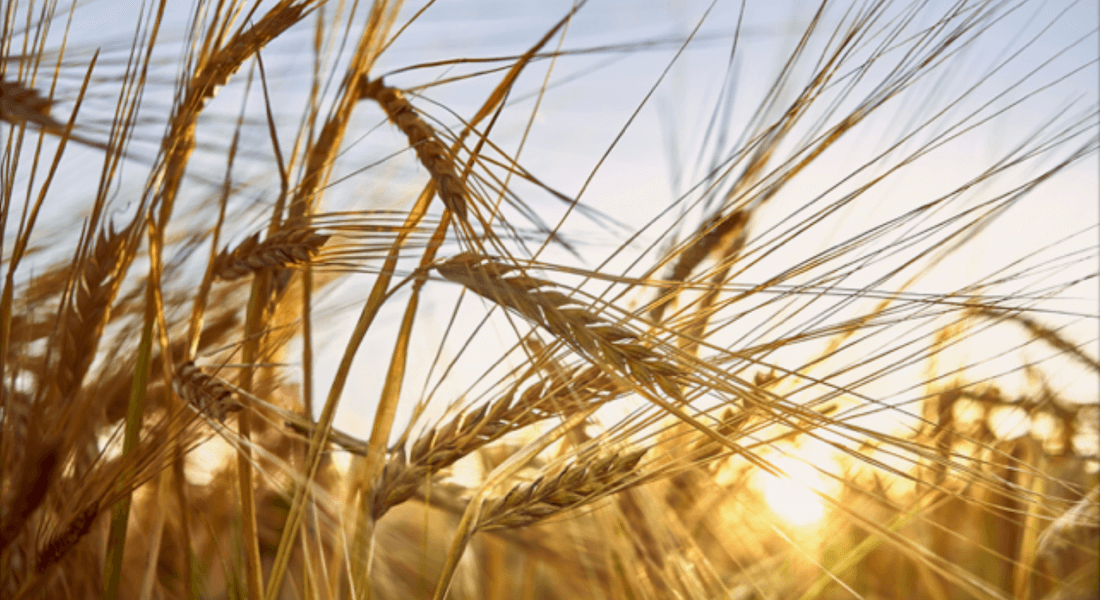Uncovering natures lessons in plant-root microbiome co-evolution
Associate Professor Christopher Barnes has secured the Villum Foundation's Young Investigator grant for his ambitious research project aimed at unravelling the mysteries of the co-evolution between plants and their root microbiomes. A leap towards more sustainable and resilient crops.

Uncovering the secrets of co-evolution
Microbes have profound effects on plant growth and wild plants have developed mechanisms to regulate which microbes they interact with, especially when under stress. However, modern crops have been nurtured and bred with nutrients and water added whenever needed, hence modern crops have not had an intense pressure to regulate their root microbiomes for maximum water and nutrient uptake.
Chris aims to shed light on how wild plants and their native microbiomes have adapted to each other over time and how this knowledge can be applied to enhance the resilience of modern crops. Chris explains: “In this project, I hope to study the co-evolution of plants and their root microbiomes. I hypothesise that wild plants are adapted to their local microbiomes, and so when they are grown with the native microbiomes, they will grow better and be more resilient to stresses (droughts, low nutrients). I also hypothesise that domesticated crops can use microbes less effectively than their wild relatives, as during domestication they have been given an excess of water and nutrients.” Chris is collaborating with his fellow researchers at Center for Evolutionary Hologenomics and Aarhus University on this exciting new research.
Bridging gaps in previous research
While previous studies have highlighted differences in the microbiomes of modern crops and their wild relatives, Chris aims to go beyond by incorporating the complexity of the host genome, microbiomes, and environmental variations. His research fills a crucial gap by seeking to understand how the interplay between these factors can be harnessed to create more robust and resource-efficient crops.
Chris adds: “Previous research has primarily identified differences in the microbiomes of modern crops and their wild relatives. However, they also grow in very different environments. I want to incorporate the complexity of the host genome, microbiomes and environmental variation and see whether we can make better crops by either breeding traits from their wild ancestors that manipulate their root microbiome, or identify probiotics from the ancestral soil microbiomes that could be used as probiotics.”
More sustainable agricultural practices
Looking ahead, Chris envisions a future where his findings could potentially revolutionise agriculture: “Long-term, if my hypotheses prove correct, I hope to learn the mechanisms through which wild plants manipulate their microbiomes and breed them into modern crops that then require less fertilisation and are better equipped to withstand challenging conditions like droughts.” Chris adds. The long-term goal is to create crops that are not only more sustainable but also contribute to global food security.
This promising research could pave the way for the development of crops that are more adaptable and resilient, addressing the challenges posed by climate change and the growing demand for food resources - significant leap in the quest for sustainable and efficient agricultural practices.
Read about the Villum Foundation's Young Investigator programme and the 18 young research talents receiving it here.
Contact
Associate Professor Christopher James Barnes
